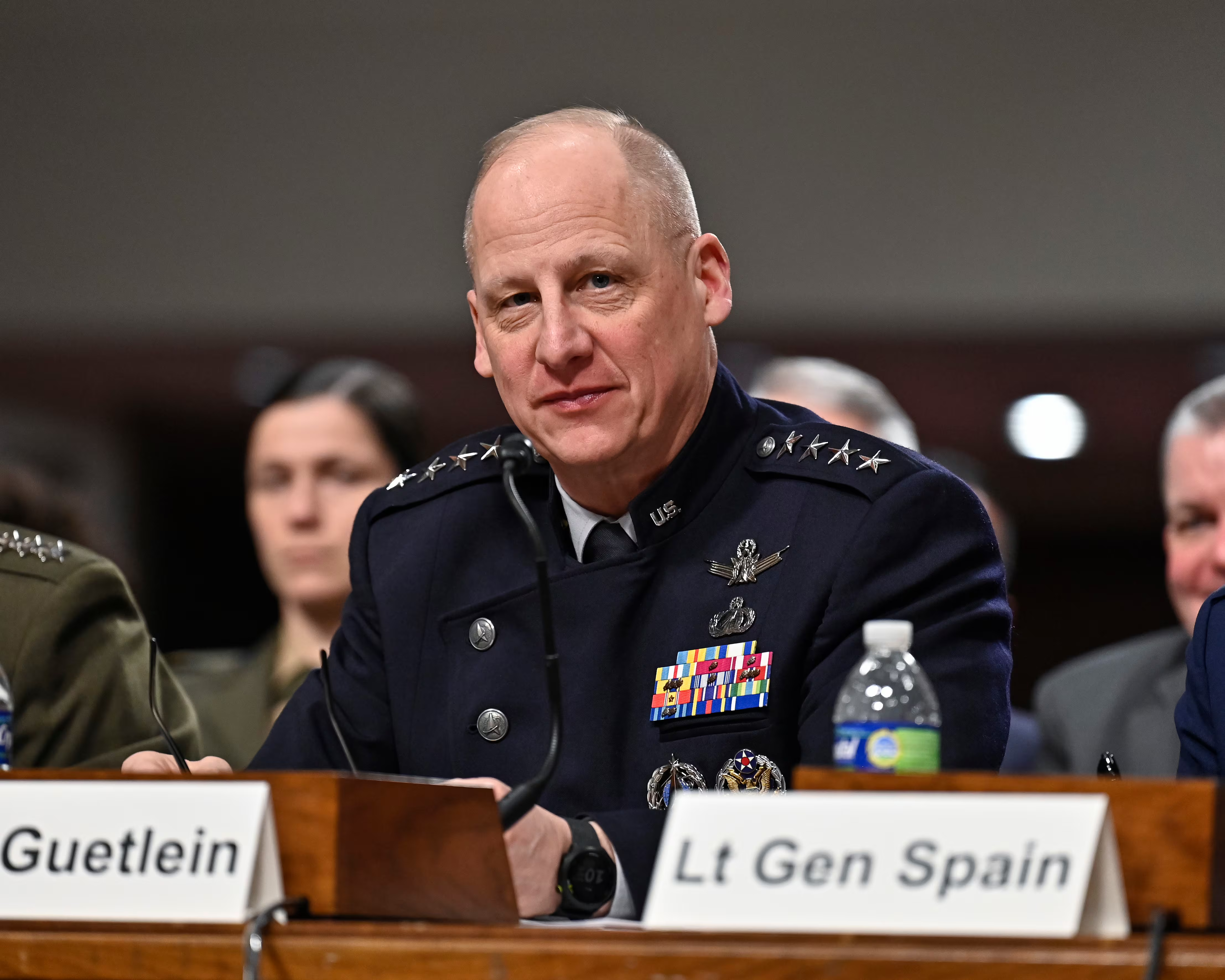WASHINGTON — The Islamic State group's capture of Ramadi is a serious setback to the US strategy to defeat the jihadists and raises fresh doubts about the competence of its Iraqi partners.
The Iraqi security forces' defeat in the capital of Anbar province came despite US and coalition warplanes carrying out more than 160 airstrikes over the past month, and after an elaborate effort starting last year to arm and train government troops and Sunni tribesmen.
And the fall of the western city undercut the upbeat portrayal of the war effort promoted by President Barack Obama's administration. Commanders had insisted the IS group was losing ground and momentum on the battlefield.
As recently as Friday, a senior US officer told reporters the IS group was "on the defensive," even as Iraqi forces struggled to hang on in Ramadi and battled an assault on the Baiji oil refinery north of Baghdad.
Two outspoken critics of Obama's approach to the war, Sens. John McCain and Lindsey Graham, said Ramadi has once been "a symbol of Iraqis working together with brave young Americans in uniform to defeat al-Qaida.
"Today it appears to be a sad reminder of this administration's indecisive air campaign in Iraq and Syria and a broader lack of strategy to achieve its stated objective of degrading and destroying ISIL," the senators said, using an alternative acronym for the IS.
With Iraqi leaders now turning to Shiite militias to recapture the area, Washington is again concerned about the Sunni community's trust in Baghdad and the influence of arch-foe Iran in the conflict.
"The fact that the Baghdad government now is considering moving Shiite militias to Ramadi suggests that Iraq's central government still lacks adequate support from Sunni Arabs to defeat the Islamic State," said Jim Phillips of the Heritage Foundation think tank.
Ramadi is the first major city to fall into IS hands since the United States and its allies launched air strikes in Iraq last August.
US officials have described the raids as a way to stem the advance of the IS and to buy time for the training of the Iraqi army.
But American officers had hoped that the Iraqi forces, along with Sunni paramilitary units, could push back the extremists without having to rely on a large number of Shiite militia fighters — some of whom have close ties to neighboring Iran.
Not Enough Reinforcements
The Iraqi troops trying to defend Ramadi had been battling the jihadists for nearly a year and a half without sufficient reinforcements and help from Baghdad, said Michael Knights, a fellow at the Washington Institute think tank.
"If you leave a unit in an area and don't reinforce it, you don't give them the sense they matter, then eventually if they're hit hard enough, they're going to crack," Knights told AFP.
The Iraqi and US government's efforts at arming and training Iraqi army and Sunni tribesmen "moved very slowly."
"Sixteen months of underinsuring Ramadi, eventually allowed ISIS to land a knock out blow," Knights said.
The Obama administration acknowledged that the fall of Ramadi was "a setback," but signaled no plans to change its strategy.
Secretary of State John Kerry said he was "absolutely confident" that IS would be forced out of Ramadi "in the days ahead."
"So I am confident about the longer road. But yes, there will be moments like yesterday in Ramadi and there will be some difficult challenges ahead," he told a press conference in Seoul.
Some experts predicted it was only a matter of time before the Iraqi army and militia fighters in so-called "Popular Mobilisation Units" roll back the IS offensive.
"They will grind their way back to the majority of the city I would think fairly quickly, like within weeks," Knights said.
"This isn't a distant place where there's no forces available to attack it."
Graham said the defeat in Ramadi underscored the need to deploy thousands of additional US troops to assist the Iraqis.
But other lawmakers, including Rep. Adam Schiff, said the answer was neither sending in US soldiers nor deploying Shiite militias.
Schiff said "all efforts must be made to step up the pace of arming Sunni tribes willing to fight ISIS and reclaim their towns, and to integrate such forces within the Iraqi military."








